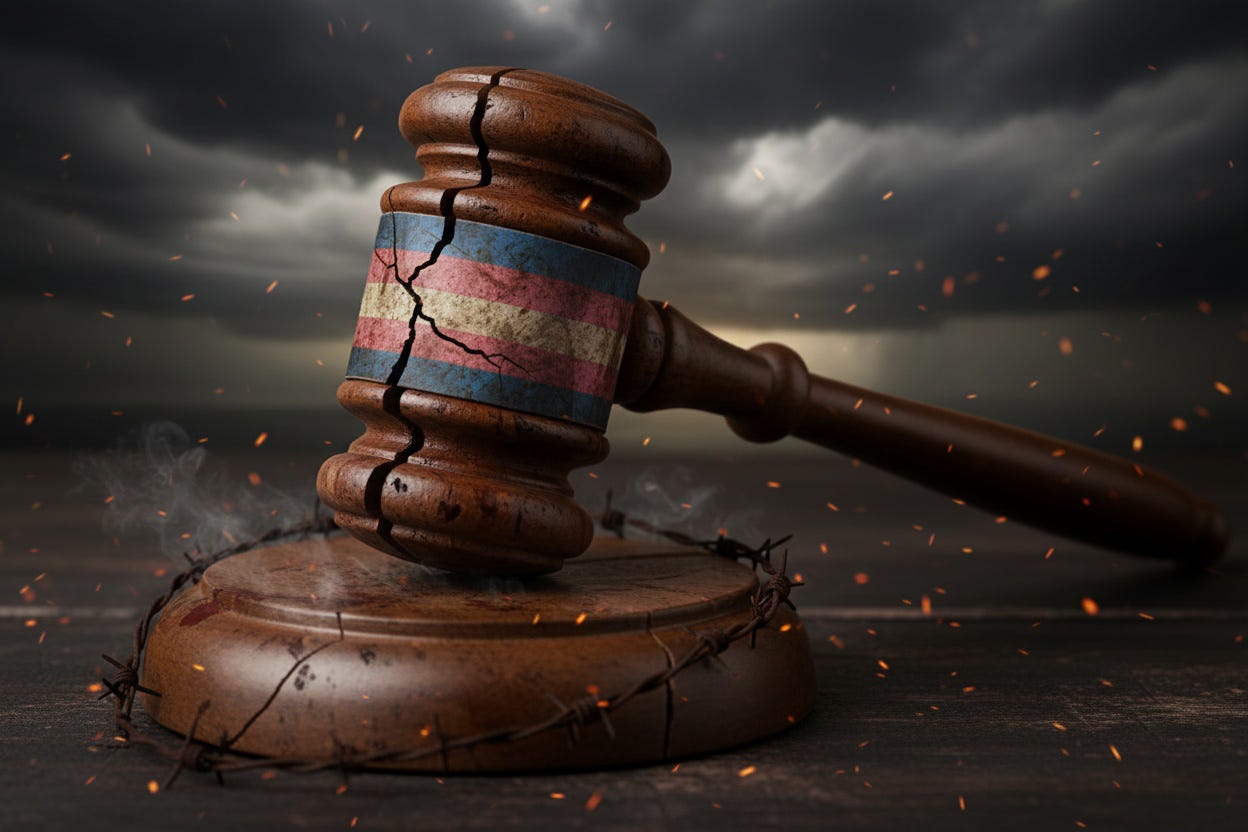Court Declares Biological Fact Discriminatory
Here we go again with another jaw-dropping court ruling that defies basic common sense and biological reality. On Thursday, the 1st Circuit Court of Appeals handed down a decision that would make George Orwell blush, effectively declaring that requiring passports to reflect actual biological sex somehow constitutes irreparable harm.
Let's break down this…




